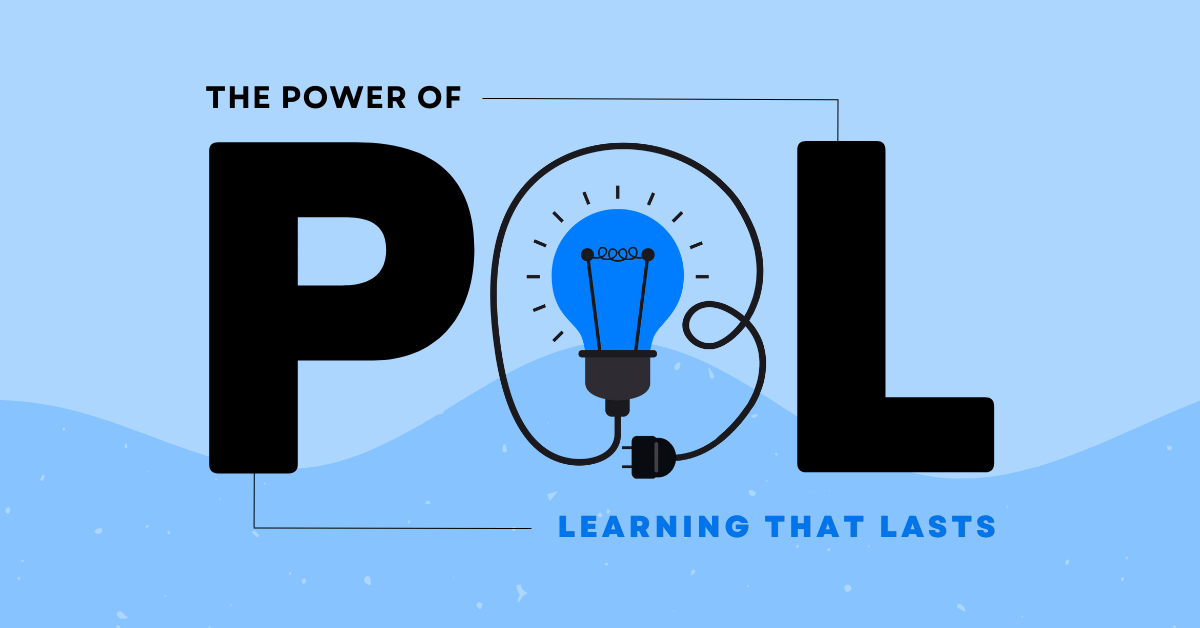|
Offer students the essence of project-based learning, within a condensed timeline.
“I’d love to do project-based learning, but there just isn’t enough time.”
I hear teachers say this all the time and it's understandable. Between the pressure to “cover all of the content,” days of instruction lost for testing, unexpected snow days and power outages, the uncertainty of student attendance, and uncertain access to computers and other technology — project-based learning (PBL) can feel like a logistically impossible feat. With that said, the concept of project-based learning appeals to many teachers, especially those who have used it with success in the past. The Buck Institute describes project-based learning as “[a] teaching method in which students gain knowledge and skills by working together for an extended period of time to investigate and respond to an authentic, engaging, and complex question, problem or challenge.” When students respond to authentic challenges, we often see an increase in student agency and engagement. Students embrace the process to respond to a problem or challenge that affects them directly or indirectly, striving to acquire skills not out of a desire to pass a test, but rather to achieve a self-determined solution to a problem that will have a greater audience and impact outside of the classroom.
Condensing your timeline
In the Buck Institute’s description of project-based learning, they describe it as an approach that requires “an extended period of time to investigate and respond.” For teachers who are confident and able, project-based learning might take shape as a complete redesign of their units, allowing for 4-6 weeks of extended time to research as part of an ongoing investigation. For teachers who feel like an entire unit of project-based learning might be impossible right now, the models I share below show what a project-based approach might look like in a more condensed timeline. These are not prescriptive, but rather imaginative, illustrating how just one 40-minute class period that follows a workshop model (with a mini-lesson) could be approached with the spirit of inquiry. At its core, I suggest that a project-based learning approach asks students to take on the roles of problem-solver, investigator, collaborator, and innovator. Let's imagine a project in which students are asked to develop a school policy around the use of artificial intelligence — what can that look like in one unit, one week, or even one class period?
One unit
Week 1
Week 2
Week 3
Week 4
Week 5
Week 1
Students start with a real-world problem or issue that is far away or close to home with a real-world audience.
Week 2
Students research potential solutions and/or gather relevant information.
Week 3
Students research potential solutions and/or gather relevant information, collaborating with others.
Week 4
Students synthesize their findings and create some demonstrations of their solutions, written and/or multimodal.
Week 5
Students present or share their findings with others, gathering feedback and revising.
One week
Monday
Tuesday
Wednesday
Thursday
Friday
Monday
Students start with a real-world problem or issue that is far away or close to home.
Tuesday
Students research potential solutions and/or gather relevant information.
Wednesday
Students research potential solutions and/or gather relevant information, collaborating with others.
Thursday
Students synthesize their findings and create some demonstrations of their solutions.
Friday
Students present or share their findings with others, gathering feedback and revising.
One lesson
Do Now
Mini-Lesson
Guided Practice
Independent Practice
Exit Ticket
Do Now
(5 minutes)
Students start with a real-world problem or issue that is far away or close to home.
Mini-Lesson
(5 minutes)
Students acquire background information on the issue.
Guided Practice
(10 minutes)
Students deepen their understanding of the issue by reading a credible source.
Independent Practice
(15 minutes)
Students collaboratively write a short solution.
Exit Ticket
(5 minutes)
Students present or share their findings with others, gathering feedback and revising.
Takeaways
As an approach, project-based learning empowers students to be agents of change, capable of gathering and synthesizing information, creating solutions, and sharing their findings with others. The more time that students function in our classrooms as these agents of change, the better. Why? Because the real-world is full of problems and, as teachers, we are empowering young people to be confident that they can envision impactful solutions. Whether you embrace the spirit of PBL in a comprehensive unit, a week, or even just a single lesson, you are contributing to the growth of a new generation of change-makers — and there’s always enough time to get started. |
|
The Center for Professional Education of Teachers (CPET) at Teachers College, Columbia University is committed to making excellent and equitable education accessible worldwide. CPET unites theory and practice to promote transformational change. We design innovative projects, cultivate sustainable partnerships, and conduct research through direct and online services to youth and educators. Grounded in adult learning theories, our six core principles structure our customized approach and expand the capacities of educators around the world.
|
ABOUT US
525 West 120th Street, Box 182 New York, NY 10027 416 Zankel Ph: (212) 678-3161 [email protected] Our Team Career Opportunities |
RESOURCES
Professional Articles Ready-to-Use Resources Teaching Today Podcast Upcoming PD Opportunities |
COACHING SERVICES
Custom Coaching Global Learning Alliance Literacy Unbound New Teacher Network Student Press Initiative |





























